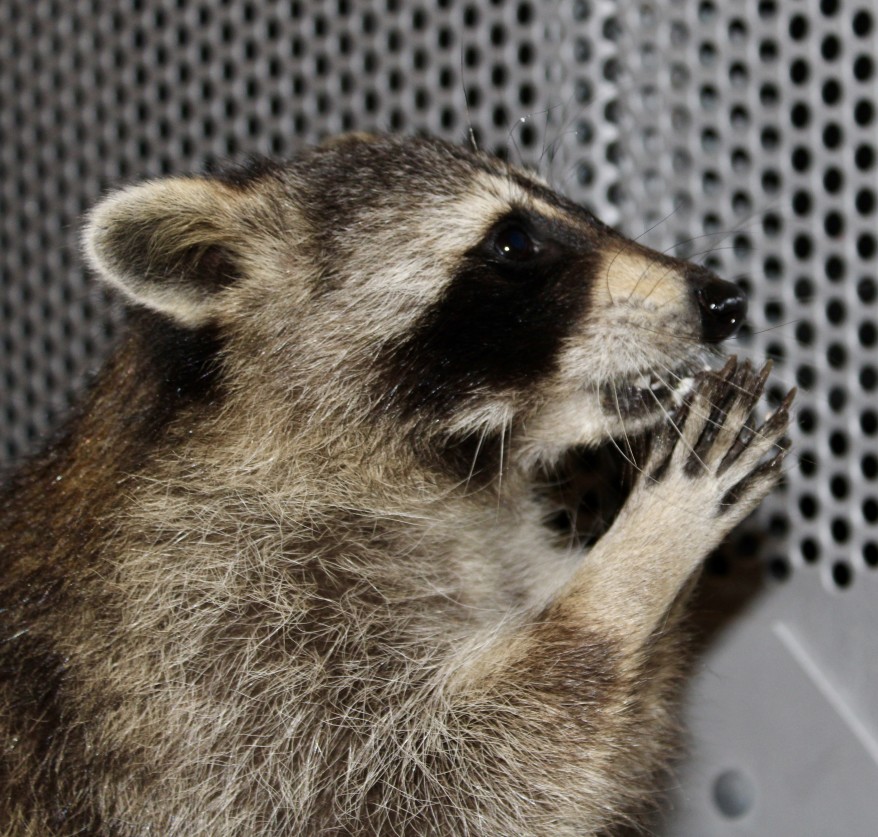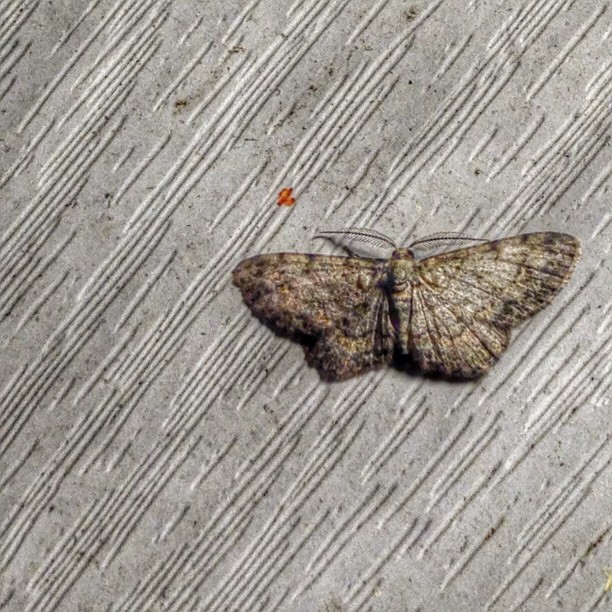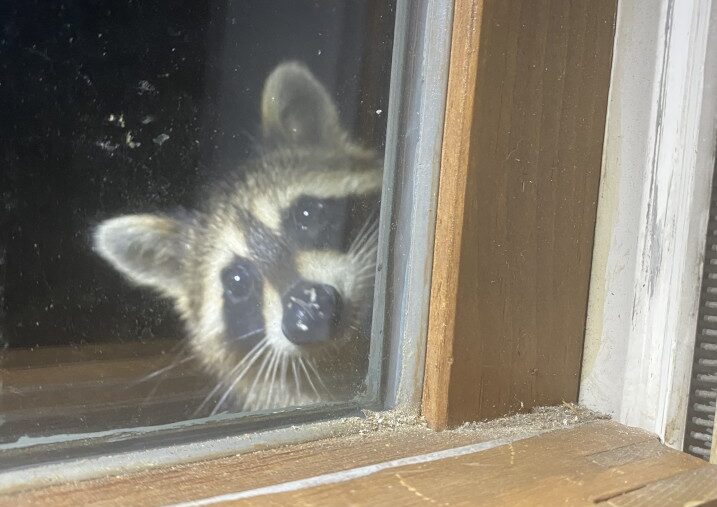As the winter months approach, many homeowners will begin to notice a few unwelcome guests in their homes. Insects such as ants and cockroaches are common during this time of year. These pests can be a nuisance to deal with but n most cases, these insects can be dealt with quickly and easily at home using simple deterrents and treatment solutions.
Insects such as ants usually enter homes through cracks or gaps around windows or doors. A simple solution is to make sure all entry points are sealed shut before the winter season starts by applying caulking around any openings in your home’s exterior walls.
If you’re concerned about pests during the winter, here are some tips for removal, prevention, and what types of pests to look for during the winter season.

Mice, Rats, Rodents
Mice and rats are the first animals that come to mind. During the harsh winter months, mice and rats will seek shelter and warmth. Because they can squeeze through even the tiniest of openings, removing entry sites is an efficient strategy to keep them out of your home. It’s also a good idea to remove food and water sources. Replace any broken or cracked roof tiles, as well as any fractures in the roofing cement.
Maintain a clean and clutter-free attic and garage. Rather than using cardboard, store your stuff in plastic containers. To prevent them from breeding inside your chimney, install chimney covers. Wire mesh can be used to cover your air vents. Food should be stored in airtight containers, and soiled dishes should not be left in the sink. Empty your trash cans on a regular basis and make sure the lids are secure. Garbage bags should not be left out in the open.
Clean the counters, stoves, and behind the refrigerator on a regular basis, and sweep and vacuum frequently. Caulk or expanding foam can be used to seal gaps around pipes. Branches and bushes should be trimmed away from the house, and fuel should be stored at least 20 feet away. Keep unused pet food in airtight containers and don’t leave it out overnight. Weatherstripping on windows and doors should be replaced.
Squirrels, Raccoons
Squirrels and raccoons will build their nests in attics and chimneys. To prevent a family of squirrels or raccoons from coming into your chimney, have a chimney cap installed. Chimney caps are used to cover chimneys. Cut down overhanging limbs and keep shrubs trimmed away from the home. Replace any rotting wood and seal any entrance spots, such as where pipes and utilities enter the house and where the eaves overhang.
Bats and Birds
Unfortunately, birds and bats are a very common winter pest. Birds and bats may and will enter your home through any aperture on the outside of the building. Chimney caps should be used to seal chimneys. Look for any openings on the outside of your house and seal them with steel wool or foam rubber. Close as many doors and windows as possible. If you must have your windows open, use screens and inspect them for damage on a regular basis.
Cockroaches
Moisture and excessive water attract cockroaches. They’ll also come into your house looking for food. Check for leaks in your pipes on a regular basis and fix them as soon as possible. Pipes should be clear of impediments to avoid bursting and leakage. Pipe entry points into the house should be sealed.
Make sure your gutters are clean. Keep objects off the floor by storing them in plastic containers rather than cardboard. Food (including cat food) should be stored in sealed containers. Dishes should not be left in the sink. Clean the counters and sweep and vacuum on a regular basis. Regularly clean under sinks, inside stoves, and behind appliances. Ensure that the trash is emptied on a regular basis.
Fleas
Fleas are more likely to perish if temperatures drop below freezing for an extended period. A flea’s life cycle may be slowed by the cold, but they can still hatch in the winter. Even if the adults are killed by frigid conditions, the fleas may have already found a warmer area to lay their eggs.
Fleas will accompany your pets into your home. The first step in flea prevention is to treat your animals with a flea preventative, which can be in the form of pills, shampoos, or a combination of both. Look for fleas in your rugs, carpets, furniture, and pet bedding. Frequently wash your pet’s bedding and other objects in hot water.
Vacuum on a regular basis, and be sure to empty the vacuum after each usage. Keep your lawn cut and plants trimmed to make it harder for fleas to hide. Fleas can enter your yard on the backs of wild animals, so don’t leave pet food out overnight to encourage them in. Seal any entry points into the house, as well as under porches, to keep them out. Treat your yard for fleas in the warmer months when fleas and ticks are prevalent.
Bed bugs
Bed bugs are another common winter pest. Bed bugs can enter your home through luggage (be cautious of bed bugs when traveling!) and can be found on furniture, bedding, boxes, and even clothing. Before bringing anything inside your home, double-check everything: baggage, furnishings, bedding, and so on. Cover the mattress and box springs with a mattress cover. Vacuum on a regular basis. Regularly wash and dry bedding on high heat. After your trip, do the same with your clothes.

Moths
Moths, a very common winter pest, are relentless in the winter! Wool, fur, and upholstered furniture are all attractive to moths. Check your garments for signs of wear and tear on a regular basis. Clothes should be washed and stored in zippered bags. Make use of mothballs. Vacuum and clean the insides of storage rooms such as closets, drawers, and wardrobes on a regular basis.
Spiders
Spiders can be found around water sources such as the bathroom or laundry areas, and prefer to hide in unused regions of the house. Store products that aren’t used often in sealed plastic containers.
Seal any gaps or holes on the outside of your house to keep pests out. Keep your external lights turned off and block the light from entering your home with blinds or drapes. The lights do not attract spiders, but other insects that the spiders eat are. Spiders will no longer have a food source. Keeping shrubbery trimmed away from your house is a good idea.
Keep your lawn mowed and rubbish away from your property. Sweep and vacuum on a regular basis. Remove as much clutter as you can and remove spider webs and vacuum spiders.
With the colder weather comes more pests, and that can leave you feeling overwhelmed. Luckily, at Professional Wildlife Removal we have a team of professionals with years of experience in pest control. We know how to take care of any bug or animal problem so your home is free from vermin this winter season! Give us a call today for an appointment or request one online now – it’s never too early to start thinking about pest prevention.

